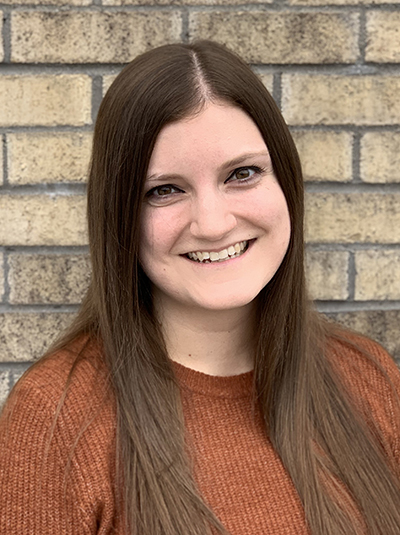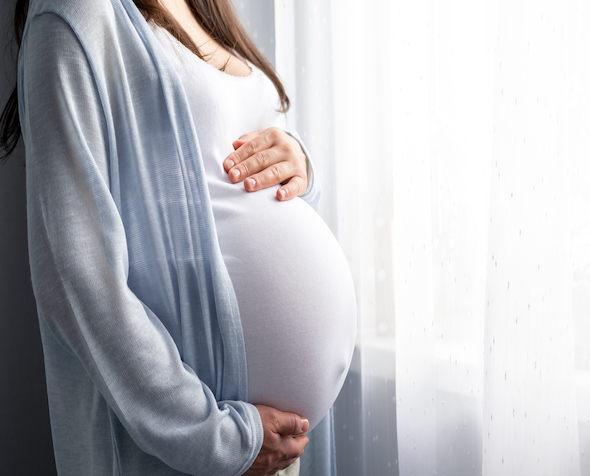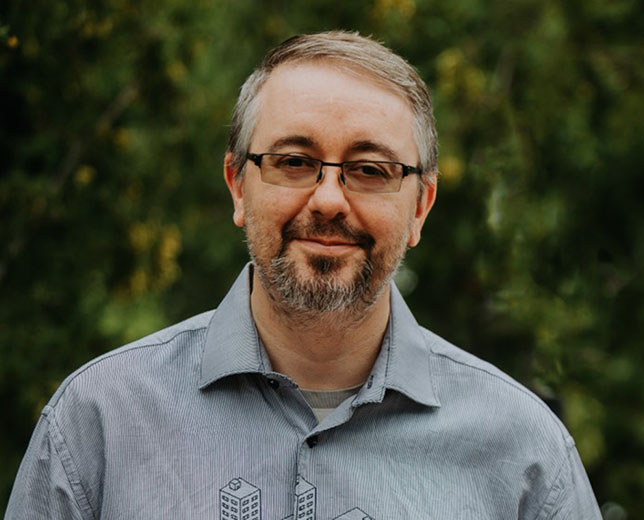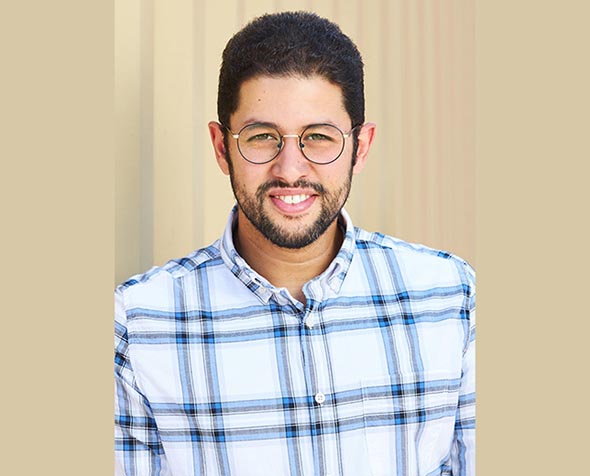DU Political Science Professor on Why Local Elections Matter
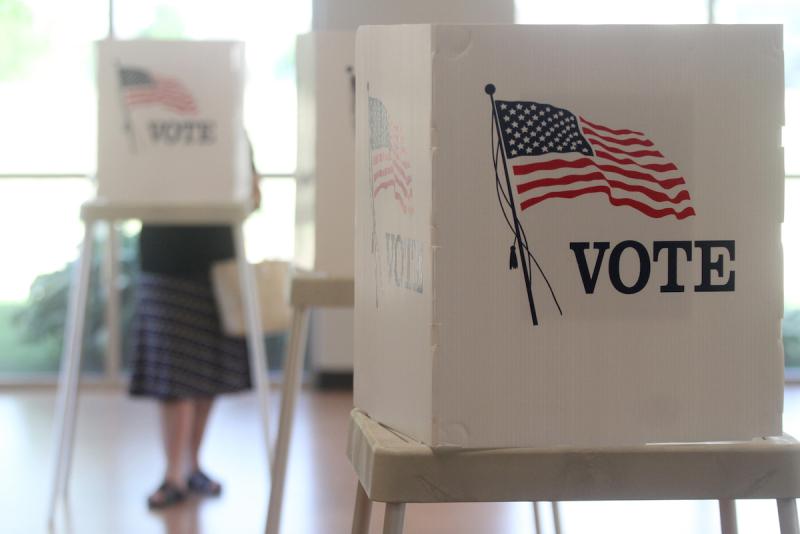
The 2024 presidential election is still 1 ½ years away, but voters over the next several weeks have a chance to weigh in on what path the city of Denver may take by casting a ballot for the next mayor.
While University of Denver undergraduate, graduate and PhD students may choose to live in the city for only a short time, they can still register to vote. Local elections such as these have arguably a much greater impact on their everyday lives, according to Seth Masket, professor of political science and director of the Center on American Politics.
Ahead of the runoff election, the College of Arts, Humanities & Social Sciences (CAHSS) newsroom spoke with Masket about the importance of local elections, the biggest issues on the minds of the DU community and what makes college campuses a unique voting population.
Additionally, candidates Kelly Brough and Mike Johnston will face off in a debate on May 18 hosted by the Denver Gazette/Colorado Politics and DU’s Douglas and Mary Scrivner Institute of Public Policy, and the Center on American Politics, in partnership with Biennial of the Americas. The debate is scheduled to start at 6 p.m. in Sturm Hall’s Davis Auditorium. Doors will open to the general public around 5:30 p.m.
Registration is available online.
Let’s start off with probably the biggest, broadest idea as part of this conversation. National elections and even the midterms get a lot of attention, but why do, or perhaps why should, local elections matter to the DU — and CAHSS community — more specifically?
Yeah, they definitely should get a lot of attention — you’re right that they don't. Voter turnout tends to be very low for local elections, in part because it's not at the same time as the major national elections, and in part because it just generally doesn't get nearly as much media attention.
People increasingly get their political news from national news sources, so mayoral elections kind of get shoved down pretty low for that. The outcomes of these elections will affect the way we live way more directly than a lot of national elections will. They affect the quality of public schools and road conditions and housing and homelessness and all sorts of things that really impact us from our day-to-day lives.
Turnout was low for Denver's municipal election and there have been several reasons posed as to why that might’ve been the case. What are your thoughts on the reasons for low turnout, and do you expect it to tick up at all come the runoffs in June?
I would hope so. Turnout is never particularly high for mayoral elections. Colorado tends to have one of the highest voter turnout rates of any state, but when you have an election in an odd numbered year and it just doesn't get a ton of attention, it can be difficult.
One of the things that sort of added to the problems, I think, for our first-round mayoral elections was that there were 16 or 17 candidates. That can create an interesting situation where everyone can find someone who sort of speaks to their needs, but it was also confusing.
There were plenty of opportunities to attend or listen to debates, people could find out what the candidates stood for pretty easily, but there were just a lot of choices, and it was not really clear who the viable candidates were.
Another thing we know is that most local elections across the country tend to be nonpartisan — as we have in Denver. Partisan elections tend to have higher turnout just simply because people know what that party label means, they understand what it means to elect a Democrat versus a Republican.
Figuring out what the different mayoral candidates stand for is harder, it's more work and that just makes it harder for people to participate.
One of the topics of conversation that came up, specifically with the mayoral race, was the sheer number of candidates on the ballot and whether ranked choice voting would have been a better option. To your knowledge has Colorado ever used ranked choice voting and in what ways can it be beneficial or challenging?
To my knowledge, we've not had any real use of ranked choice voting in Colorado or in any of its cities. There are a few cities across the country that use it and a few states now are experimenting with it.
In an election like we just had it might be useful where you have so many different candidates, and it's really not clear at any given point who was ahead or who was behind. It might have been useful for people just being able to put a second or third or fourth choice, particularly people who have a hard time picking just one.
The main problem with ranked choice voting is it does ask voters to do a lot. It's one thing to learn the names of all 16 or 17 candidates who are running but to actually not only pick a favorite but pick an order for your top three or four or five favorites.
Now in places that have tried ranked choice voting it looks like voters seem to be up to that task, and it doesn't really cause that much of a decline in voter turnout, but it is just more work and creates a somewhat more confusing situation.
What issues specifically do you think are most prominently on the minds of students, faculty and staff when it comes to the upcoming mayoral race in Denver?
The main issues that seem to come up, and we've seen this in a lot of the debates, have to do with issues related to housing. Whether you're a longtime resident or even a temporary student, housing costs will affect you here. Denver is a popular place to live. A lot of people have moved to the area, and it's become a much more expensive place to live over the last 10 or 20 years to the point where it's really affecting people's lives and people can't afford to live anywhere near where they want to work. So, we're starting to see the mayoral candidates really come up with plans for that, come up with ways to address that.
[Housing has] been a big topic and related to that has been homelessness. That is also something the mayoral candidates are finding themselves needing to address and come up with plans for. Some of the recent debates between the candidates, they've talked very substantively about it, they have very serious plans on it.
What makes college campuses unique when it comes to being a voting population?
It's an educated community — which tends to be more likely to vote — but it's also a younger community, which tends to be less likely to vote. It's a little bit of a question as to whether they want to participate in this, whether they identify as Denverites, they have some choices there. But it creates an unusual situation where, I think a lot of the campaigns and others aren't really sure just how many people are going to participate in the election. Even for just the relatively short time that students are here, the results of this election can have a big effect on their lives — and it's probably worth participating.
Presidential hopefuls often swing through college campuses. Do you find that to be the same case with local candidates and why or why not?
They sometimes do. We're actually going to be hosting a debate in a few weeks. On May 18 the mayoral candidates will be on campus for a debate, and I know they'll want to meet some of the students there as well. Honestly, we've had presidential candidates come to campus in the past back when Colorado was a much more competitive state. But similarly, if the candidates think that this is a pretty close election, if it's pretty competitive, they're going to be looking to eke out just whatever little sliver of the vote they can and that can include college students. It would not surprise me if we see them increasingly doing events on campus over the next month.
You had mentioned that younger people are not necessarily the most likely to vote. Would you say that remains true, even with Generation Z? Because it seems to me, at least anecdotally, that they are starting to come out a little bit more compared to previous generations.
I think we saw this a little bit in the midterm elections last fall. Voter turnout rates for Gen Z were a bit higher than we’ve seen for that age group in other recent elections, but still a lot lower than voter turnout for older voters.
That doesn't mean that they won't, and that means that there's a lot more opportunity for someone who's willing to reach out to that population, but it tends to be harder to get them to actually show up.
What are some ways the university community can become more civically engaged overall?
I would say showing up to vote is a big part of it. If the state and local parties get the idea that, even if people are only here for a short time that they’re going to register to vote and show up on Election Day or mail in their ballots, then [candidates will] make the effort to come here and woo our votes.
It helps to show up at events, to show up at town hall meetings, to write emails to elected officials and to otherwise just register your thoughts. Don’t just be passive when it comes to the quality of life in our city, there’s plenty of ways to get involved and those tend to really pay off.
